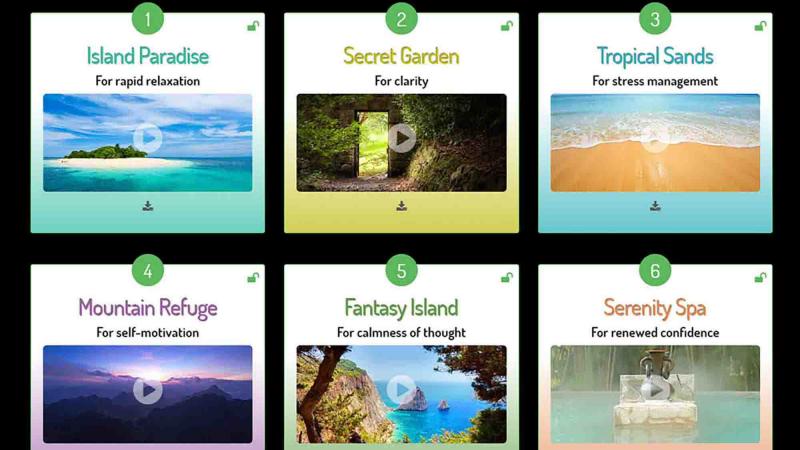Are you sitting comfortably? Now … close your eyes. Be aware of your breathing. Notice how air moves in and out of your body. As you inhale….. and exhale…. Are you focusing on your breath or has your mind just taken flight?
In our fast-paced world where technology is firing things at us at literally every second of the day, it's hard to focus. I sit down to write, but soon I catch my mind which wanders, obsessing over something someone said to me yesterday, or something that I did and regret and now I'm fretting because I'm not writing. Grr… Stress and anxiety are on the rise, and something has to give.
What is Mindfulness Meditation?
Mindfulness meditation is focusing your attention on the present moment. It's a skill, and with regular practice, you will achieve a relaxed, non-judgemental awareness of thoughts and feelings. You'll have a realisation that they are simply thoughts and are not in control of you.
Many studies have confirmed that mindfulness-based programs have positive and powerful effects on symptoms of stress, anxiety and irregular sleep patterns and an improvement in overall psychological wellbeing. And now, with the assistance of brain imaging technology such as fMRI and EEG, there are innumerable scientific papers proving the neurological benefits of mindfulness meditation.

Stress-Relax Reassess
Everyone experiences stress at some time in their daily lives. Often the control mechanisms, that we automatically put into play when we are stressed don't help much. They are more suited to pre-historic times where fight or flight were the only choices we needed to make when faced with REAL threats. Thankfully we don't tend to run into sabre-toothed tigers too often these days, and most of the "threats" that we react to are PERCEIVED. That said our bodies and minds treat REAL & PERCEIVED threats precisely the same, and the resultant stress can also be a key instigator of many physical ailments causing pain and thereby further increasing stress.
Our perspective of a situation can trigger or exacerbate stress. Have you ever found yourself going over and over the same thing in your mind? Rumination can be distressful and is symptomatic of depression. As much as we would like to think that our perceptions are right, mindfulness meditation can help us reassess our evaluation of the external world. This process is termed cognitive reappraisal or "re-perceiving". It is thought that when we practise mindfulness meditation, we are focusing on the present, enabling us to monitor thoughts as they arise in a non-evaluative way.
This is great, but if we are honest, in the heat of a stressful moment, practising meditation is more often than not, the last thing we feel like doing. This is where guided meditation can assist. Being able to hit an app on your phone, close your eyes and follow along with a guide, gets you right into the meditative process giving instant relief.
And the physiological results are scientifically proven! Relaxation reduces the activity of the adrenal gland, enhances the immune system and reduces blood pressure. More effective than a turmeric latte!

Meditate Sleep and Recharge
Sleep is essential for physical wellbeing and mental health. It affects our appetite, breathing, blood pressure, cardiovascular health, immune system, stress hormones and more. Poor sleep is linked to mental health problems, such as anxiety and depression.
We are constantly reminded that we should be getting 7 – 8 hours of good quality sleep. Unfortunately, it seems that the amount of people who have trouble falling asleep or staying asleep is on the rise.
There is pretty much indisputable evidence that this is directly attributable to the increased use of electronic devices.
Technology use near bedtime is hugely prevalent. The use of interactive technological devices such as smartphones, computers and gaming consoles can cause hyperarousal and impede the natural withdrawal of the sympathetic nervous system resulting in sleep disorders.
At the end of the day, releasing the mind of the day's distractions through guided mindfulness meditation will assist in smoothly drifting off into a deep, natural sleep.

A digital detox may be just what the doctor ordered, but with mindfulness meditation being reported to produce positive effects on psychological wellbeing that extend beyond the actual meditation, it's time for me to take a break, refresh and recharge with guided mindfulness meditation.




